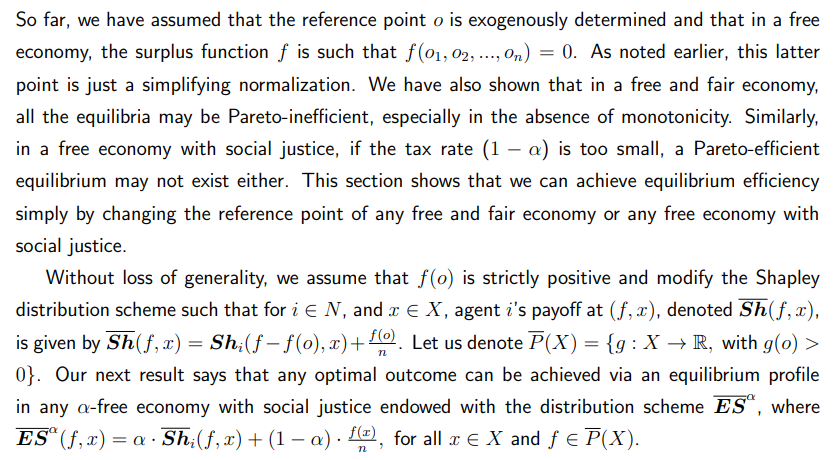Bolivian President-elect Rodrigo Paz plans to tackle corruption in his country’s government using blockchain technology.
The Associated Press reported Monday that Paz defeated rival Jorge Quiroga 54.5% to 45.5% and is set to take office on Nov. 8. Paz won Sunday’s runoff on a centrist, pro-market message and inherits an economy strained by fuel shortages and a US dollar squeeze, according to the AP.
Rodrigo Paz won Bolivia’s run-off presidential election on Sunday. Source: APFor crypto observers, Paz’s government plan includes two concrete proposals related to digital assets and blockchain.
Blockchain joins Bolivia’s reform agenda
The first is a plan to use blockchain and smart contracts in public procurement. The Partido Demócrata Cristiano’s official 2025 government platform program pledges the application of blockchain technologies and the use of smart contracts to remove discretion from state purchasing. The proposal aims to tackle corruption in state purchasing by automating some contract processes.
Related: Suriname the next Bitcoin Nation? Crypto inspires Parbhoe to fight corruption
The second is a program to let citizens declare crypto assets into a new foreign-exchange stabilization fund, seeded through an asset-regularization drive that explicitly lists crypto. Such funds are reserve pools used to steady the currency and pay for essential imports when US dollars are scarce, according to the US Treasury Department. Including crypto broadens what the government can tax or quickly convert to hard currency without holding volatile tokens.
Paz looks crypto-pragmatic, but is not a Bitcoin (BTC) maxi. His platform frames blockchain as an anti-corruption tool and treats declared crypto assets as part of a one-off asset regularization push to capitalize a currency stabilization fund. There’s no evidence yet of a policy to adopt BTC at the national level, hold it in reserves or to roll out retail legalization.
Bolivia embraces digital currency payments
Cointelegraph has tracked Bolivia’s crypto policy turn since 2024. The country’s central bank, Banco Central de Bolivia, lifted an operational ban on crypto transactions in June 2024, authorizing regulated electronic channels and signaling a modernization of payments. Months later, average monthly digital asset trading doubled versus the prior 18-month average, the bank said.
The shift continued into the real economy. In October 2024, Banco Bisa launched USDt (USDT) custody for institutions, a first mover among Bolivian banks. In March, state oil firm YPFB was reported to be exploring crypto for energy imports amid US dollar scarcity. By September, major auto brands’ local distributors, including Toyota, Yamaha and BYD accepted USDT, reflecting rising merchant-side experimentation.
On July 31, the central bank signed a memorandum with El Salvador, calling crypto a “viable and reliable alternative” to fiat and pledging cooperation on policy and intelligence tools to modernize payments and boost inclusion. The bank said monthly crypto trading volumes have reached $46.8 million per month and $294 million year-to-date by June 30.
Magazine: Back to Ethereum: How Synthetix, Ronin and Celo saw the light
Source: https://cointelegraph.com/news/bolivia-s-new-president-backs-blockchain-to-tackle-government-corruption?utm_source=rss_feed&utm_medium=feed&utm_campaign=rss_partner_inbound


